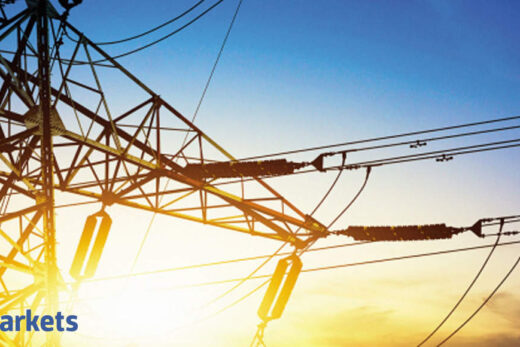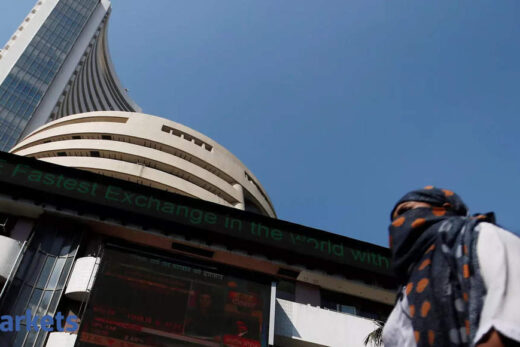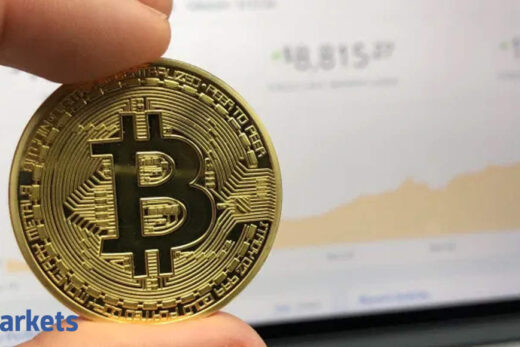The company informed the exchanges about the CVD on Wednesday after market hours. It also said that the Ministry of Finance has agreed to impose basic customs duty of 40 per cent on solar panels and 25 per cent duty on photovoltaic cells with effect from April 01, 2022. These developments are expected to encourage the domestic production of solar panels thereby boosting demand for solar glass, a positive for Borosil Renewables.
The global demand for solar glass has increased since the solar panel manufacturers have turned to bigger and bifacial panel technology. That not only improves the panel life to 40 years from earlier 25 years but also increases power output and glass requirement. An estimated 20-25 per cent shortage of solar glass has led to glass prices more than double in the past six months.
China meets 90 per cent of the global solar glass demand. It has started setting up plants in countries including Malaysia, Vietnam and Thailand to avoid local restrictions in the importing countries.
Due to supply issues, India’s solar glass import in the September quarter fell to 70 per cent from 90 per cent in FY20. Borosil being the only manufacturer is in a sweet spot. The company has increased its capacity to 450 tonnes a day from 180 tonnes a day in 2018 for a capital expenditure of around Rs 250 crore. It will be further increased to 950 tonnes per day in the next two years, which will be funded by internal accruals and debt. Currently the company is debt free. Xinyi, the largest Chinese manufacturer of solar glass, has a capacity of over 9000 tons a day.
With higher volumes and better prices, Borosil’s margin at the level of earnings before interest, tax, depreciation, and amortisation (EBITDA) shot up to 30 per cent in the first nine months of FY21 from 9 per cent in the corresponding period of the previous year. Revenue shot up by 74 per cent to Rs 308 crore while it reported a net profit of Rs 23 crore compared with a net loss of Rs 3.6 crore by similar comparison.



